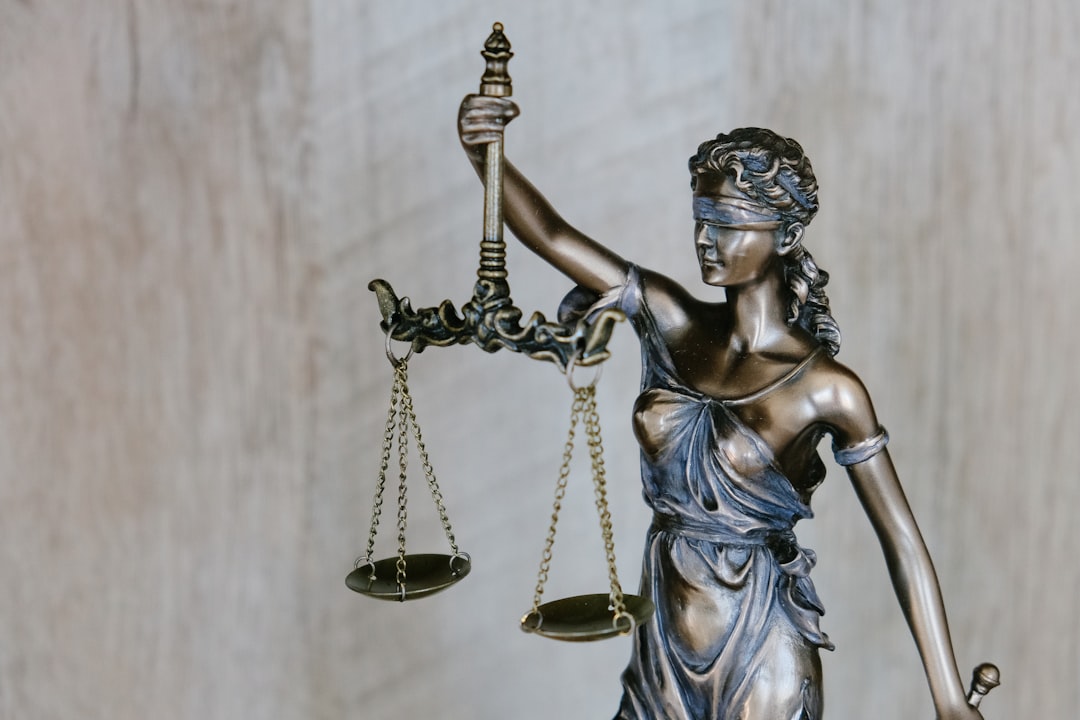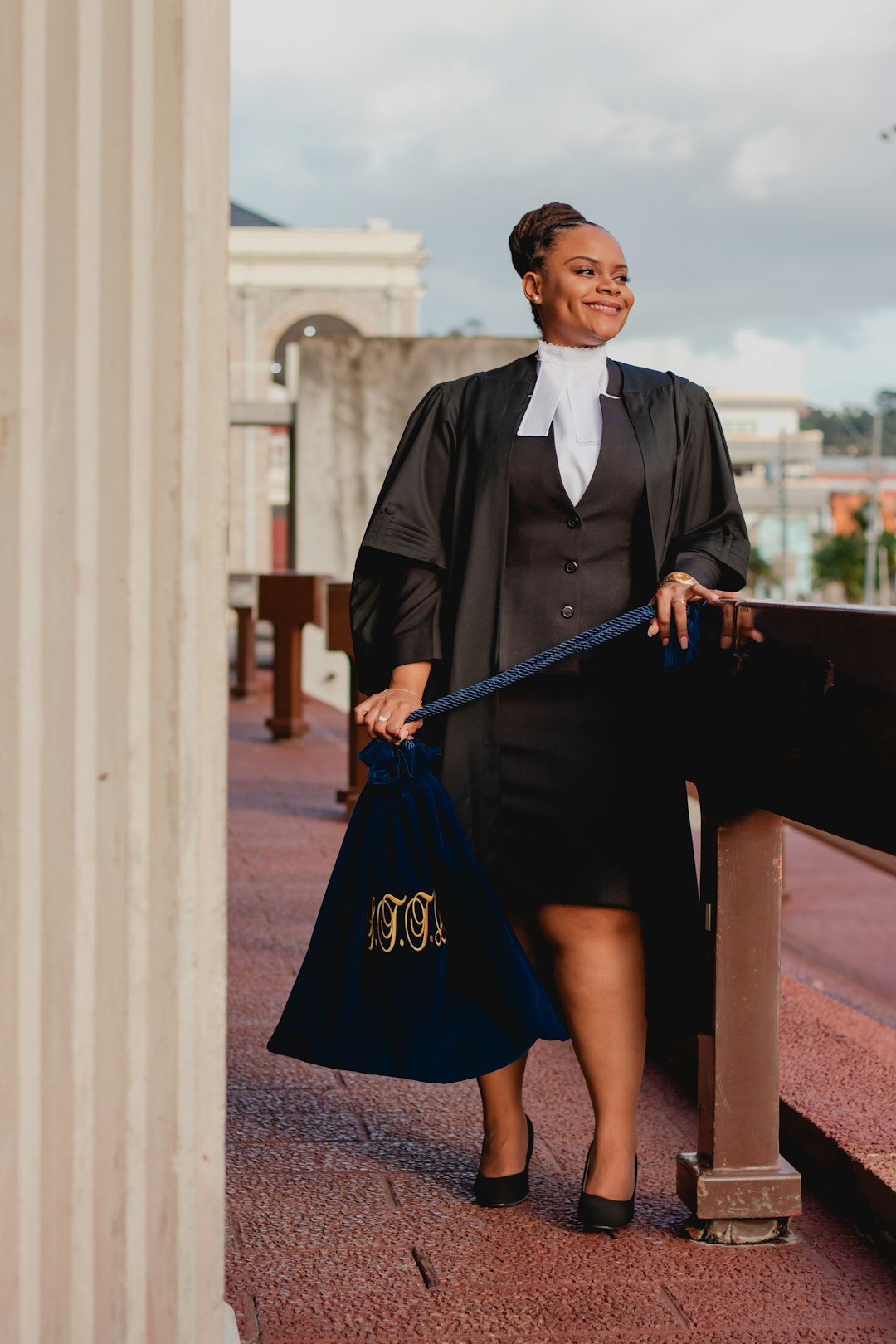Sexual assault survivors in Philadelphia, PA, benefit from specialized legal aid offered by experienced sexual assault lawyers who navigate complex laws and support emotional recovery. Comprehensive sex education empowers teens through consent awareness, boundary setting, and communication skills, reducing potential harm. Pennsylvania law defines sexual assault broadly, making understanding consent crucial; accusations carry significant consequences. Community initiatives create safe spaces for teens to learn about consent and healthy relationships, with support from sexual assault lawyers. Open communication teaches teens to recognize and assert boundaries, empowering them to make informed choices and potentially preventing sexual assault while encouraging legal guidance if needed.
In Philadelphia, PA, educating teens about sexual consent and healthy relationships is paramount. This comprehensive guide explores key aspects of this critical conversation, from debunking misconceptions prevalent in local teen culture (“Understanding Sexual Consent”) to empowering young individuals with knowledge for safe, respectful relationships (“The Role of Education”). We delve into legal protections (“Legal Aspects”), highlight community support networks (“Creating Safe Spaces”), and emphasize open communication (“Empowering Communication”), all essential tools for navigating this complex landscape. For real-world insights, consider consulting experienced sexual assault lawyers in Philadelphia PA, who can offer valuable guidance.
Understanding Sexual Consent: Breaking Down Misconceptions in Philadelphia Teen Culture
The Role of Education: Equipping Teens with Knowledge for Healthy Relationships
In Philadelphia, PA, educating teens about sexual consent and healthy relationships is paramount to fostering a culture of respect and preventing sexual assault. Comprehensive education empowers young individuals to make informed decisions and navigate intimate situations with clarity and confidence. By providing knowledge about consent — what it means, how to give and receive it, and the importance of respecting boundaries — schools and community organizations play a crucial role in protecting teens from potential harm.
Equipped with this understanding, teens can recognize unhealthy patterns and assert their rights within relationships. This proactive approach not only helps them build positive connections but also serves as a shield against sexual assault. Moreover, it encourages open communication, enabling teens to seek help from trusted adults or even consult sexual assault lawyers in Philadelphia, PA, if needed, ensuring they have the resources to protect themselves legally and emotionally.
Legal Aspects: What Every Teen Should Know About Sexual Assault Laws in Pennsylvania
In Pennsylvania, including Philadelphia, understanding and respecting sexual consent is not just about personal ethics; it’s also a matter of law. Every teen should be aware that sexual assault is a criminal offense, with strict penalties for offenders. The state’s laws define sexual assault broadly, encompassing various acts without clear and enthusiastic consent. This includes situations where one person forces themselves on another, uses coercion or manipulation, or takes advantage of the other person’s incapacitation due to alcohol or drugs. If you’re facing such accusations, it’s crucial to connect with experienced sexual assault lawyers in Philadelphia PA who can guide you through the legal system.
Knowing your rights and the legal definitions of consent is vital. Accusations can have severe consequences, affecting future opportunities like education and employment. Legal professionals specializing in these cases can help navigate the complexities, ensuring that your rights are protected. They provide crucial support, from initial consultations to representing you in court, to help clarify misunderstandings or prove innocence if necessary.
Creating Safe Spaces: Community Initiatives and Support Networks for Philly Teens
In Philadelphia, PA, creating safe spaces for teens to learn and discuss sensitive topics like sexual consent and healthy relationships is paramount. Community initiatives and support networks play a crucial role in empowering young individuals to make informed decisions and navigate intimate relationships responsibly. Local organizations, often with the help of dedicated sexual assault lawyers Philadelphia PA, establish workshops, peer support groups, and educational programs tailored to address these issues.
These safe spaces provide teens with a non-judgmental environment where they can openly communicate, share experiences, and gain valuable insights from their peers and mentors. By fostering open dialogue and promoting empathy, these initiatives help break down societal barriers and misconceptions surrounding sexual consent. Furthermore, they equip teens with the tools to recognize and respect personal boundaries, ensuring they have the agency to make safe choices in relationships and potentially avoid situations that could lead to sexual assault or harassment.
Empowering Communication: Encouraging Open Dialogue About Consent and Boundaries
In Philadelphia, PA, empowering communication is a vital step in preventing sexual assault and promoting healthy relationships among teens. Encouraging open dialogue about consent and boundaries can create an environment where young individuals feel comfortable discussing their feelings, desires, and limits. This includes teaching them to respect and listen to each other’s perspectives, ensuring that every interaction is consensual and mutually enjoyable.
By fostering a culture of honest communication, teens can learn to recognize and assert their boundaries, as well as understand the importance of obtaining clear consent from their partners. Such skills are crucial in building healthy relationships, where trust, respect, and open communication form the foundation for mutual understanding and safety. This proactive approach can significantly reduce instances of sexual misconduct and assault, empowering teens to make informed choices regarding their bodies and relationships.






